Fossil Fuel
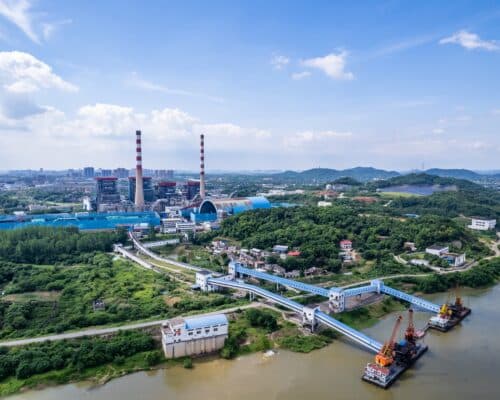
ASEAN Countries Do Not Yet Have a “Young” Coal Power Plant Problem [Op-Ed]
The recommended pathway to limit the global temperature increase to below 1.5°C is for developed countries to phase out coal power generation by 2030, while developing countries should do so by 2040. Hozefa Merchant shares his view on the challenges of transitioning from coal to clean energy should the region add new coal capacity.
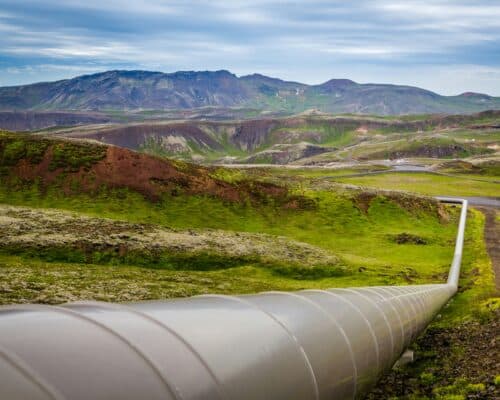
Investors Pulling Out of the Barossa Gas Project Adds to the Uncertainty
Since its announcement, the Barossa gas project has made the news due to legal disputes over its environmental impact, delays, and rising project costs. In the latest blow, prominent investors and financiers are pulling out their support for the project, leaving question marks about the project's future financing and completion.
How Bangladesh and Pakistan Can Survive the Energy Crisis
Fossil fuel import dependence has put Pakistan and Bangladesh in a very similar situation. However, both countries' pathways for salvaging it are also comparable: diversifying their energy mixes with a focus on renewables and reduced reliance on deliveries.

Heavy Industry Companies in China and India Are Lagging On the Just Energy Transition
The latest rankings of Heavy Industry Companies from the nonprofit World Benchmarking Alliance show that companies in Asia’s two largest countries and greenhouse gas emitters, China and India, are failing to implement clean energy and ethical standards compared to their counterparts across the region and the world.

Taiwan’s Tech Companies Can Lead The Energy Transition
Taiwan’s tech companies are struggling to decarbonise. But the opportunity to lead the island nation’s...
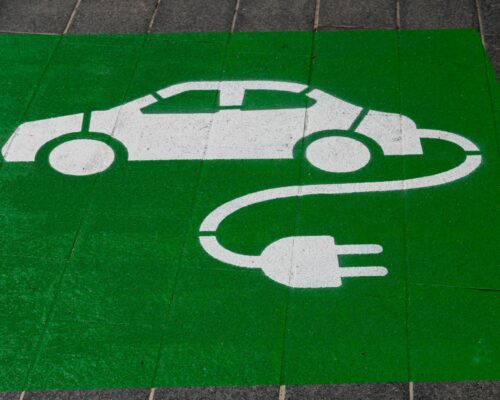
How to Decarbonise Transport: A Challenging But Realistic Mission
Decarbonising the transport sector will be challenging, especially in the air and maritime segments. However, progress in road transport shows that bringing technical, commercial and scalability barriers is possible if there is strong policy support.
A Recap on the G7 Climate Commitments in 2024 – Podcast
In this episode of Energy Insights, we recap the G7's climate commitments and the G7 environment ministers' meeting in Turin, Italy.
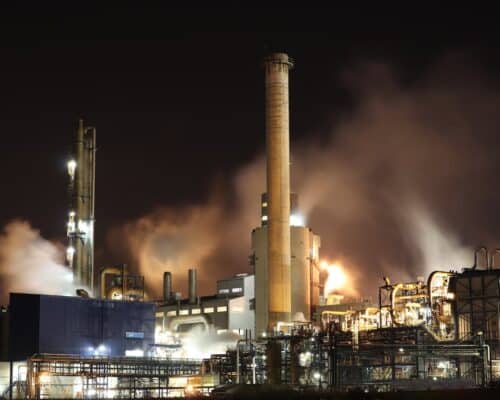
High Costs and Renewables Surge Weaken Asian Gas Demand Forecasts
Long-term gas demand growth forecasts are starting to show signs of weakness due to energy security issues, national decarbonisation goals and the continuously decreasing costs of renewables.

LNG Expansion in the Philippines Harms Communities and Coral – Podcast
Energy Insights speaks with Liza Osorio from Oceana in the Philippines about the impacts of LNG development on marine ecosystems and communities nearby gas plants. Liza is an environmental lawyer and is the legal policy director of Oceana, Philippines.

Hydrogen’s Role in the Asia Pacific’s Energy Transition
Experts warn that achieving net zero in less than 30 years requires an increased focus on efficient and commercially available solutions like solar and wind, not conceptual ideas like hydrogen.

The Post-oil Economy in the UAE and How It Is Preparing
The UAE is known for being in an oil-rich region and historically relying on oil exports as a significant part of its economy. This reliance on oil is now slowly changing in preparation for the post-oil world. Multiple government programmes and private sector investments are behind this transition.
Ammonia Coal Co-firing: Solution Or Distraction?
Ammonia coal co-firing uses ammonia as a substitute in coal-fired power plants. While it provides a significant benefit of reducing the emissions of coal energy generation, it also creates several concerns for long-term decarbonisation strategies.

10 Types of Greenwashing
As demand for sustainable products and companies has grown, so has the rate of greenwashing. Understanding the different methods used in greenwashing is a valuable tool in avoiding brands that use the practice.
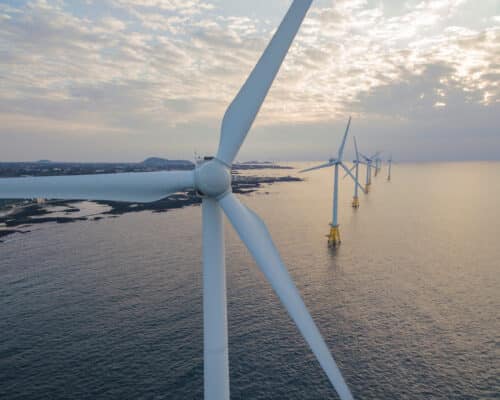
South Korea’s Energy Mix and Its 10th Basic Energy Plan
South Korea's decarbonisation progress so far makes hitting its 2030 and 2050 targets unrealistic. In its current form, the 10th Basic Energy Plan that will come into force this year is unlikely to change that. The country needs more ambitious renewable energy targets, a sentiment also echoed by South Korea's biggest businesses.
Most Popular
Categories
-
10
-
35
-
126
-
4
-
17
-
46
-
52
-
11
-
15
-
10
-
24
-
6
-
1
-
5
-
6
-
284
-
200
-
17
-
24
-
1
-
1
-
23
-
41
-
44
-
88
-
18
-
86
-
41
-
17
-
11
-
43
-
54
-
86
-
299
-
22
-
44
-
36
-
11
-
42
-
36

